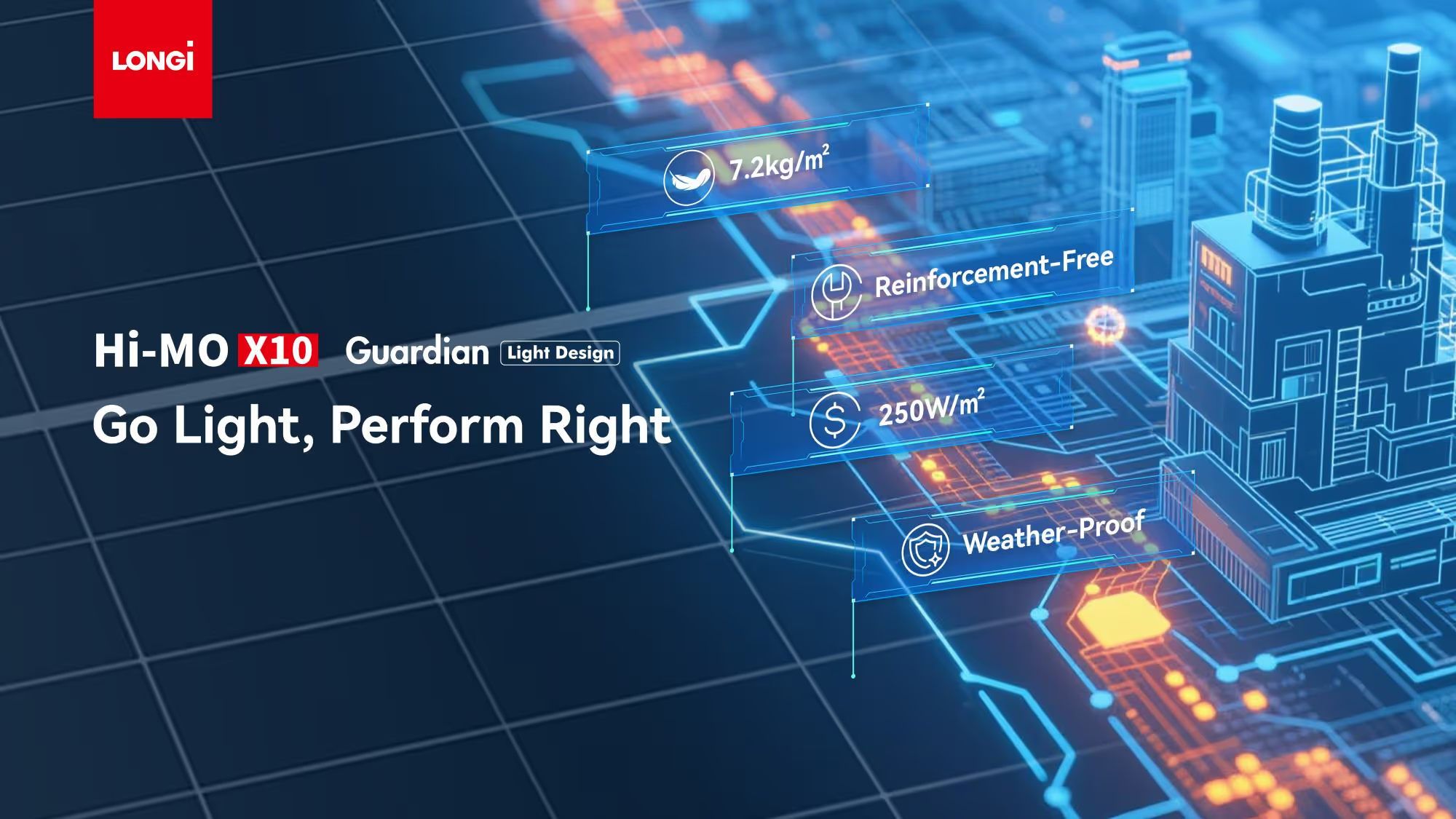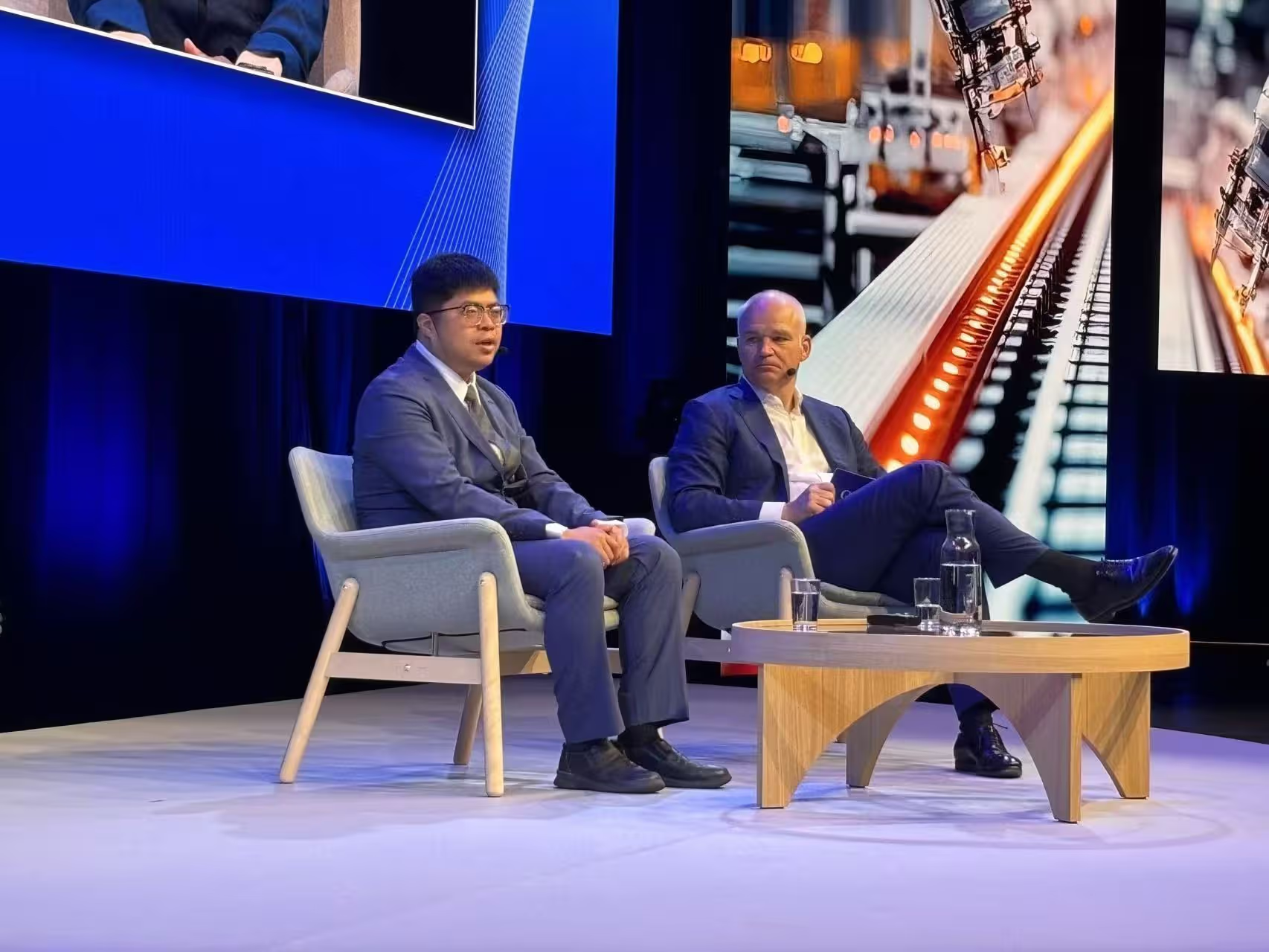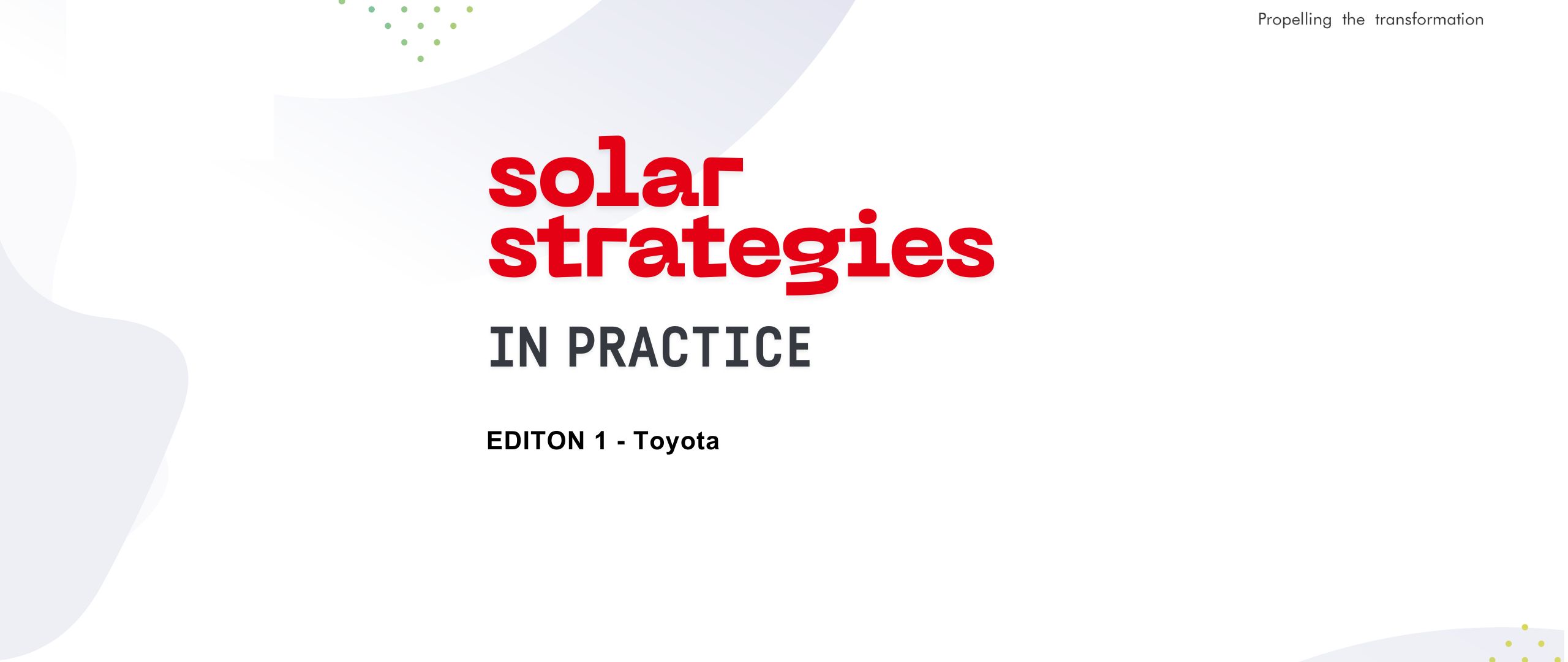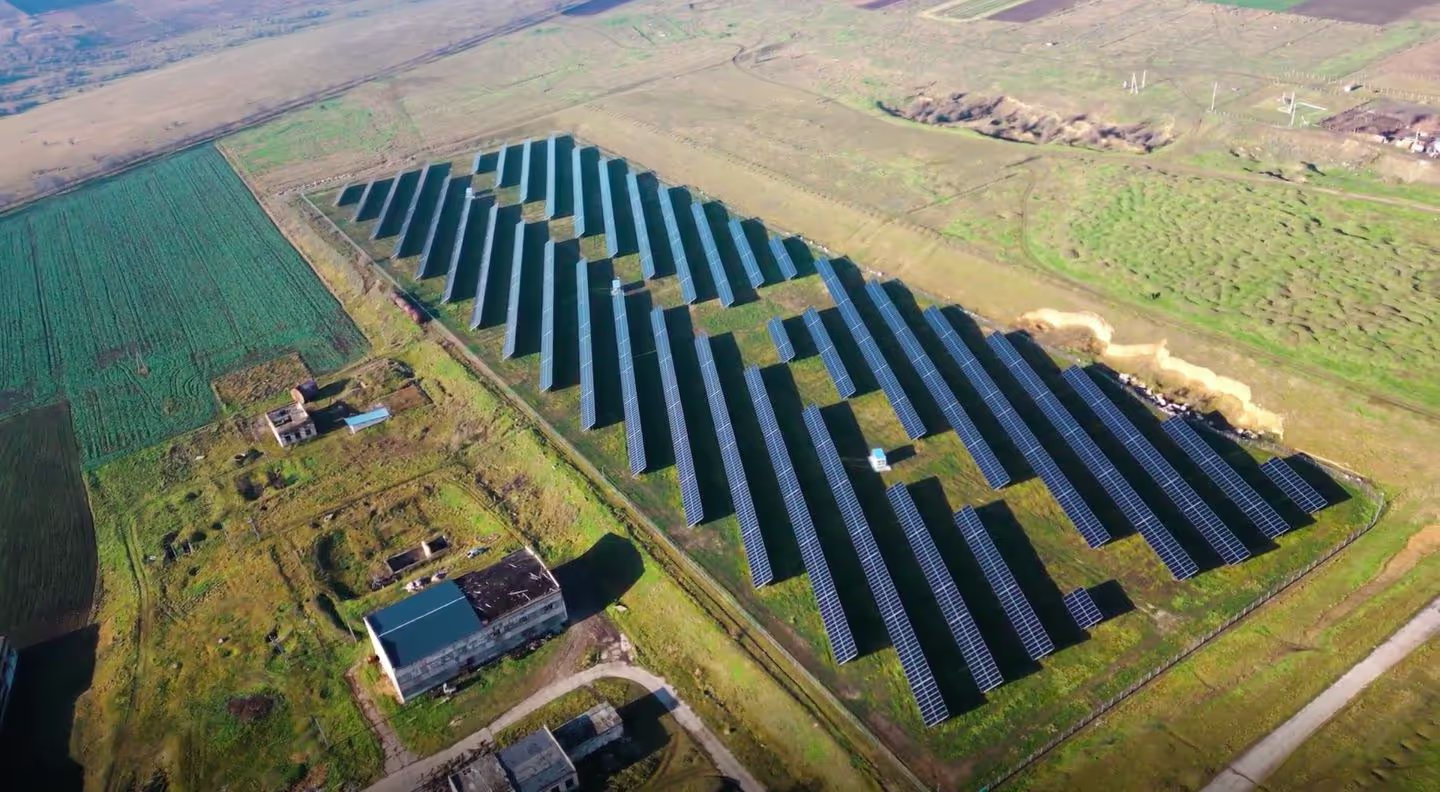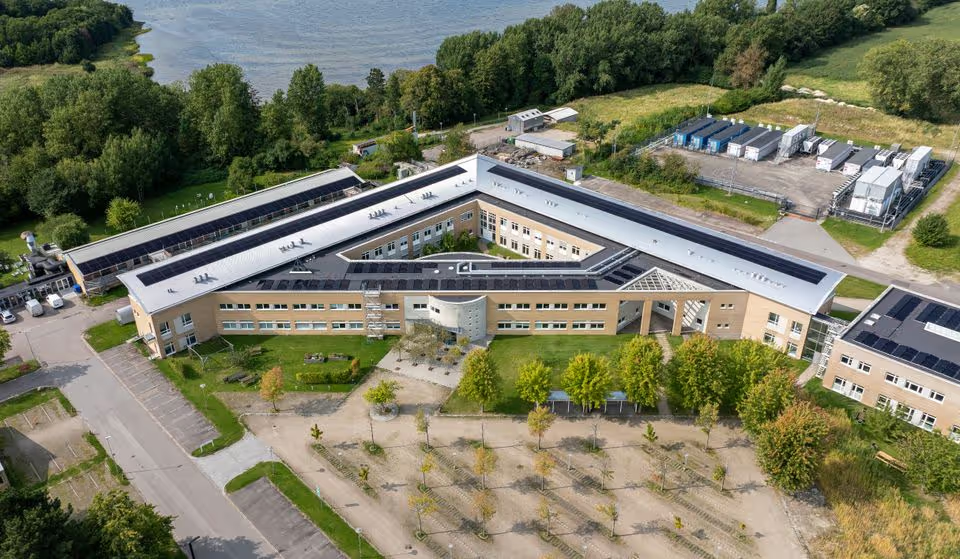Ukrainian food sector navigates energy disruptions with solar power to maintain domestic supply
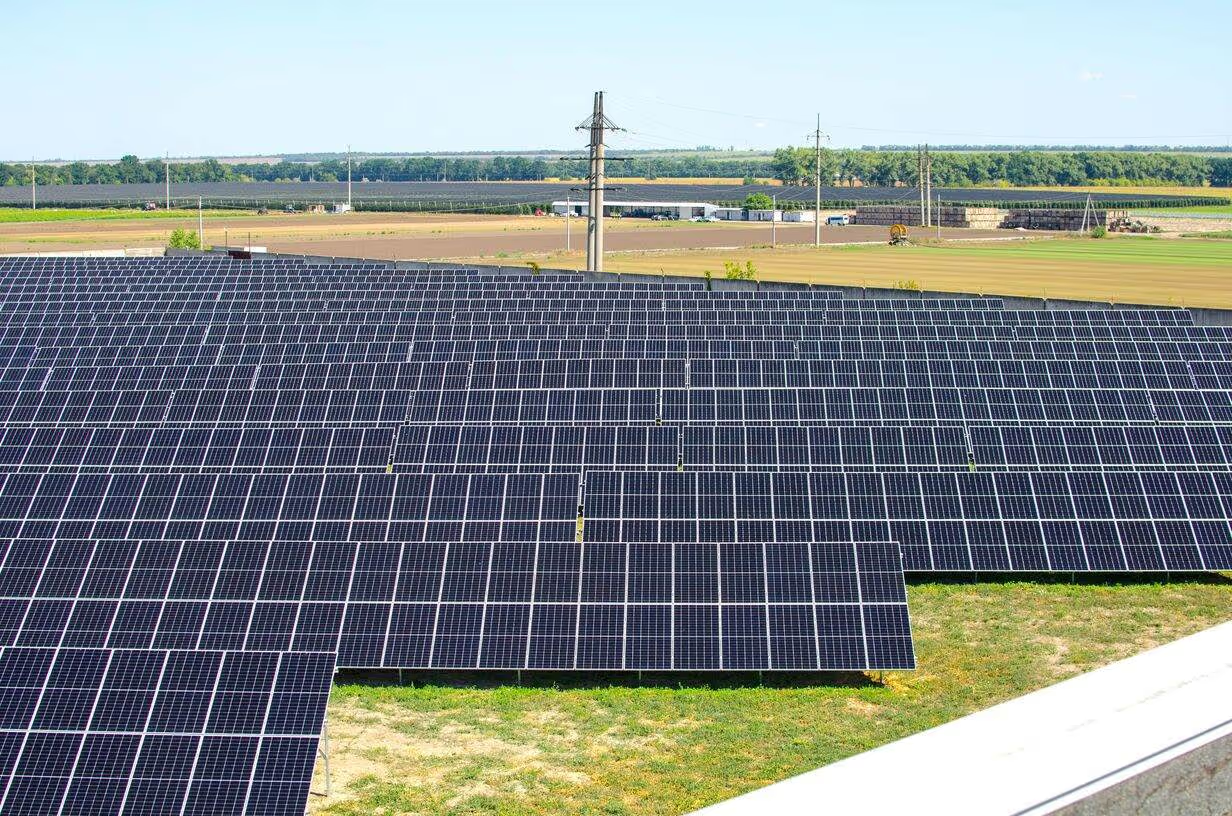
Date
August 27, 2025
read time
4
Minutes
Subscribe to the LONGi Newsletter
35% of energy needs at a major Ukrainian meat processing plant are now met by a 2.33 MW LONGi solar installation, strengthening energy security and supporting business continuity in the Ukrainian food sector during the military conflict.
Amid ongoing challenges caused by the military conflict in Ukraine, access to stable and affordable electricity has become a serious concern. Critical infrastructure, including the national power grid, continues to experience repeated disruptions. In response, one of Ukraine’s largest food processing enterprises has taken more and more popular action to secure its operations by investing in on-site solar energy, starting with an investment for a 2.33 MW solar system installation.
Ukrainian key player for food supplies utilizes solar to keep operations
The food manufacturing company, located in the Dnipropetrovsk region, employs over 1,000 people and has played a key role in Ukraine’s food security for over 25 years. Its meat products are delivered to 13,000 retail outlets across the whole country through a well-established network of 15 regional offices and 450 transport units.
As the business continues to adapt to the evolving situation, ensuring steady production and supply within Ukraine remains its central focus. Before the war began in 2022, the company operated under stable conditions that supported its growth and financial performance.
With electricity demand running high and national utility services increasingly unstable, the company made the strategic decision to invest in renewable energy. In collaboration with Ukraine’s top solar installer, ETL Group, investor initiated an industrial-scale solar project featuring LONGi modules. The installation stands out as one of the most impactful in the Ukrainian food industry.
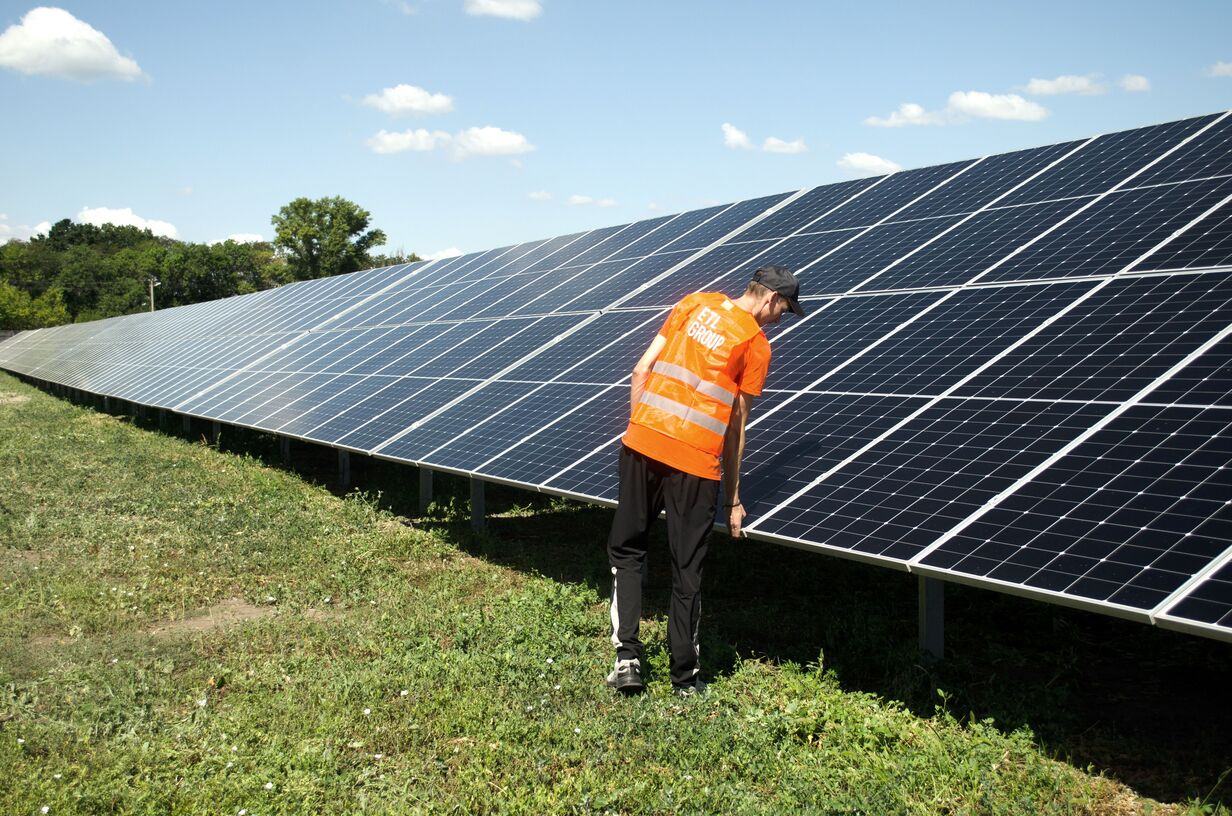
2.33 MW phased solar rollout supports business stability during wartime
The solar installation was delivered in two phases, totaling 2.33 MW. The first phase included 1.12 MW, followed by an additional 1.21 MW. This phased approach was a strategic response to operating in a conflict zone, and it allowed the company to begin generating savings quickly while maintaining operational continuity.
A major reason for selecting LONGi’s modules was their Back Contact cell technology. By eliminating front-side busbars, the modules offer higher power density and improved efficiency, enabling the enterprise to maximize energy output from a limited footprint. That was crucial for the return on investment, as the company stays afloat despite facing challenging conditions.
“When every square meter must deliver maximum output, our Back Contact technology offers a clear advantage. For this project, high energy density, durability in changing weather, and easy maintenance were all essential. It’s a strong example of how advanced design can provide both performance and resilience” says Gencay Sandalcı from LONGi Solar’s Eastern Europe team, referring to the technical needs for such an installation.
“This project became more than an investment in energy - it became an investment in business continuity and community stability,” a company representative said. “In these times, that means everything.”
For a facility with 24/7 energy demands, the Back Contact technology choice made the investment both resilient and financially sound.
The new solar plant provides energy savings, operational continuity and long-term impact
The food industry, by nature, consumes large amounts of electricity, making the impact of the solar system particularly significant. The plant now covers 35% of its total energy needs with clean power, resulting in estimated annual savings of €500,000.
With an expected payback period of less than two years and projected annual generation of approximately 3,211 MWh, the investment makes both economic and environmental sense.
This project is yet another example of how large-scale production facilities can transition to renewable energy without compromising output. Each stage of the rollout included energy audits and improvements, creating a practical roadmap that other manufacturers in Ukraine can follow, all made possible by the extensive expertise of ETL Group.
Investor’s energy independence is a practical model for industrial resilience
Though the company does not currently export its products, its influence within the national market is substantial. As a major employer and economic anchor in the region, the investor’s commitment to energy independence sets a powerful example for other local businesses and communities.
By aligning the solar project with its environmental, social and governance (ESG) strategy, the company is reducing its carbon footprint and reinforcing its brand at a time when resilience and responsibility are crucial. This marks only the first step in the company’s ongoing green transition, with further sustainable initiatives planned as conditions permit.
This solar transition is yet another real-world demonstration of how renewable energy can support both business goals and national needs. In a time of conflict and uncertainty, it offers a model for how industry can adapt, endure, and lead.

